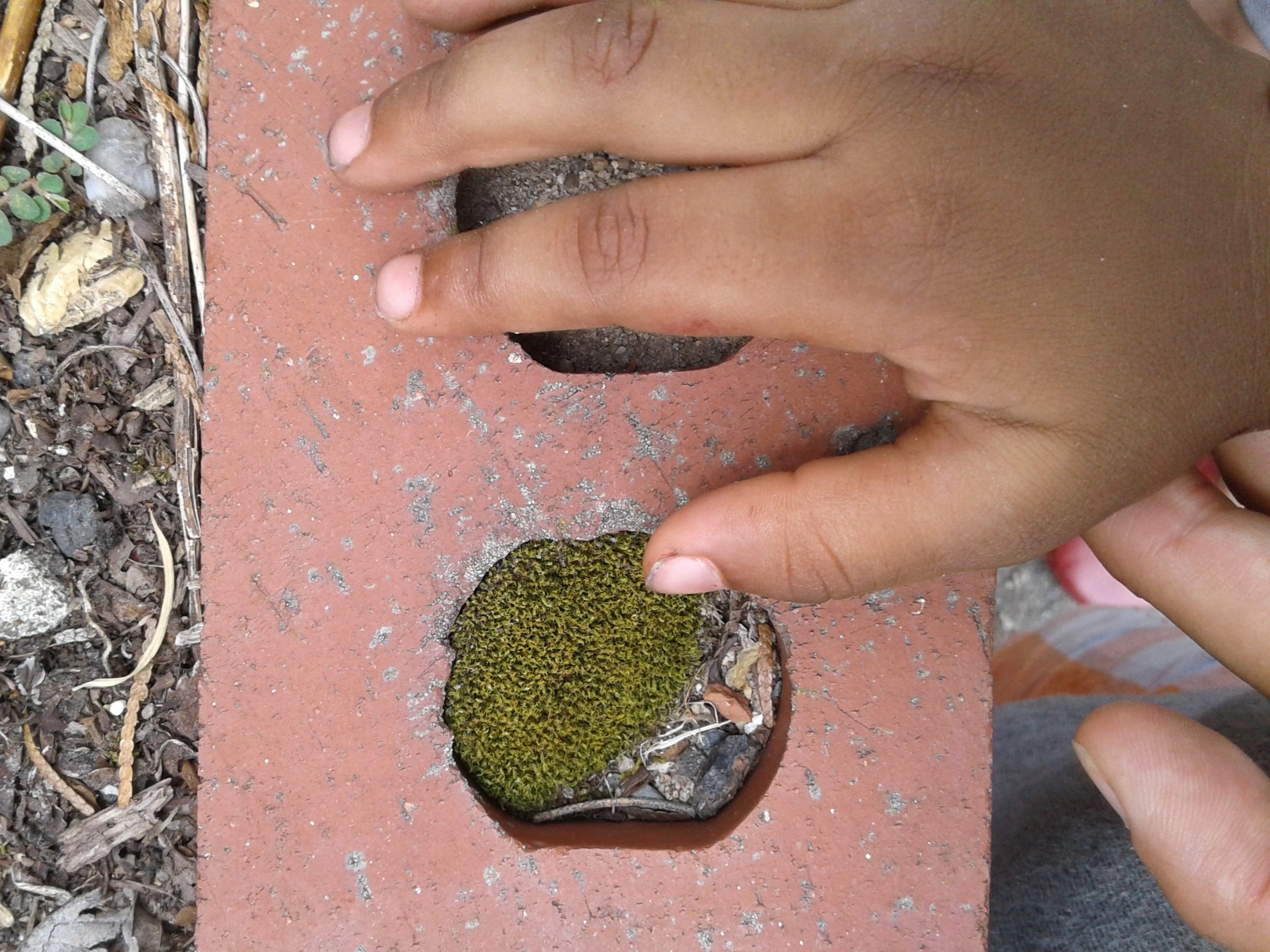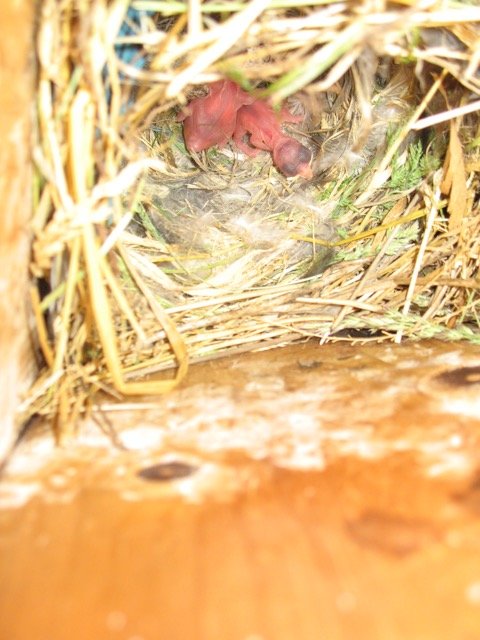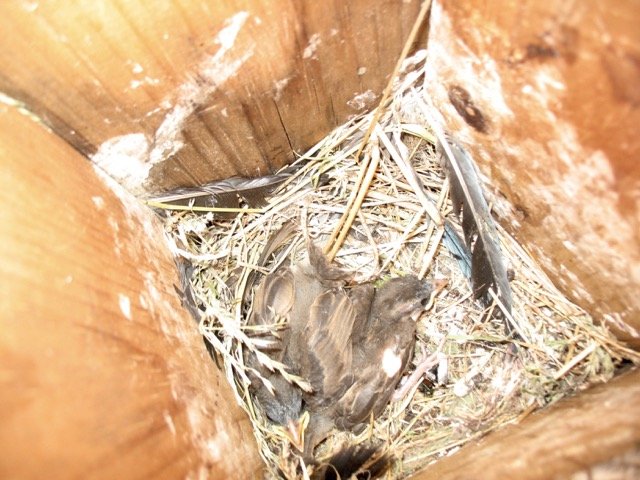
Climate Action for Tired People
A Toolkit and Quiz for Parents and Others
in collaboration with Shannon Brescher Shea
Do you want to “do something about climate change” but not know where to start, or where the time and energy to start would come from?
Shannon and Kate wrote this because you're tired, busy, stressed, lonely, distracted, ashamed and/or overwhelmed. Between us, we know what it's like to face the morning with a newborn in the house who won't sleep, juggle school and homework and chores and a job, stare around at a messy room or house that you don't have it in you to clean, and worry late into the night about your future and how you'll live.
We also know what it's like to both give and receive community support, and participate in public actions and campaigns in a variety of ways (including some that you might not think of at all when you think of “climate action”), and take care of our neighborhoods and our neighbors, also in a variety of ways. We know what it's like to succeed, to fail, to learn and regroup, and to relish the pleasures and satisfactions of working toward a better world together.
This toolkit focuses on organizing to improve climate and environmental policy and regulation, but many of the methods within it and the relationships you’ll strengthen through it, you can also apply to other forms of climate action and activism, from disaster preparedness and response to nonviolent direct action.
Climate activism and advocacy: who’s already working on it?
Your first step is to find an organization involved in climate justice: a group specific to your area or a local chapter of a national group. Here’s why:
It’s best to learn from people who have been involved for a while.
A local organization is more likely to know what’s needed, what works, and who’s being hit hardest. Frontline and fenceline community members have expertise to share.
They can provide event calendars, other opportunities to participate, and people whose skills complement yours.
US groups that work nationwide on regulation and policy include Sunrise Movement, Sierra Club, BlueGreen Alliance, and Moms Clean Air Force. If you’re interested in a specific part of climate justice, like renewable energy, Indigenous land return, sustainable transportation, or just labor transitions, there are groups focused on those areas too.
Climate justice and organizational values
You don't need to embrace an organization's values or practices wholeheartedly and unquestioningly to attend their events, learn more about their internal and public-facing methods, and start to notice their effectiveness, their fairness, their priorities, and how it feels to work with them.
Who decides what the organization's work will be and how they'll go about it?
Who and what people, groups, places, or forces are directly served, stewarded or strengthened by the organization’s efforts? How do they talk and work together? Who and what does the organization ignore, and does that seem like it’s strategic or an oversight?
How does communication among members and interested people feel and sound—are expectations clear? Are people mutually respectful?
How does the organization’s work, including their day-to-day/internal operations, keep power imbalances among people the same—or make them more just?
How does their work align human power with the power of the rest of the living world?
Climate contributions: what do you have to offer?
Take our quiz to find the methods of climate action that build on what you already know, like, and do. They’re fluid, not fixed! Depending on the needs and preferences of your circle—your family and friends—and the needs, capabilities, and methods of the group or organization you find or form, you might end up doing some tasks from one role and some from another, or you might do some things with a group you know and some as part of a more general nationwide effort.
After you take the quiz, come back and scroll down to see all the different roles, plus some scenarios to help you make it real.
-
Your skill in connecting people to each other, and to the things they want and need, is a great gift in a world that tries to isolate us and keep us from acting together. Your contribution to the climate movement might involve making connections between people who hold other roles, doing outreach for events or campaigns or learning sessions, and helping coordinate local disaster responses like evacuation plans or support for sheltering in place.
-
It’s not just anyone who can keep track of climate legislation and policy and “translate” it for ordinary people! If you can read a bill, know what an RFP is, keep track of legislative schedules (possibly with help from the Logistics Wizard) and/or spend time researching regulations, you have a massive amount to contribute to climate action—including teaching others what to look for.
-
Without you, people will be in the wrong place at the right time (or the other way around), tasks will fall undone because no one’s claiming responsibility, and events will go off the rails. With you involved, effort will be more fairly distributed, goals will be clearer, and outcomes will improve—whether that’s transportation to a public hearing, lining up volunteers for a phone bank, ensuring that everybody at an information session has food to eat and a place to pee, or building and storing a giant papier-mache crab (don’t ask).
-
Your part of climate work is rooted in what we all need: nourishment, rest, trust, and time. You can ensure that the people in these other roles can carry their efforts forward, knowing that the kids and other dependent people in their circle are fed, safe, and content; knowing that they’ll be able to get where they’re going, and home again; knowing that they have a space in which to meet and prepare. By helping your collaborators meet these needs, you’ll also be helping them to bring their best selves to your shared efforts.
There are many other ways to act, advocate, or organize for climate justice—but these few will get you started.
-
Talking to strangers is good, actually—at least for climate justice. And it’s hard for a lot of people, so your ability to do it is a huge contribution, whether that takes the form of phone banking; demanding that elected officials do their jobs; or holding a press conference, a negotiating meeting with a policymaker, or simply a difficult conversation.
-
Standing up for our shared principles in public, tolerating crowds and physical effort, keeping the energy up, and in some cases risking arrest are specific capacities, and those who don’t have them have reason to be grateful to those who do. You may not have thought of yourself as a “protestor” before now, but if you can lead people in chants or songs you will be helping to create a strong, unified voice. And if you can help other marchers or sitters-in take care of themselves and each other in the moment, you could literally save a life. You’re also doing something good just by swelling the crowd.
-
In our strained and stressed-out present, it’s such a relief to encounter a clear, simple explanation of what’s going on and what we can do about it. That’s a relief that you and your skills can provide. For a lot of people your words and images may be their gateway into getting involved, too—especially if they’re otherwise isolated from collective climate action or a supportive community by geography or health issues.
Climate and community: changing together
Our exhaustion and isolation are not accidents. People who profit or benefit from systems of inequality and injustice want it to be hard to change those systems. They are hoping that their combination of rewarding our participation in the current unjust systems just enough for us to keep participating—while simultaneously tiring us out so we have no energy, filling up our days so we have no time, and bombarding us with confusing or misleading messages so we have no ideas or imagination—will help them keep things the way they are: good for a few and lousy for the rest. We invite you and your circle—your family, your friends, your co-workers, your neighbors—to help us prove them wrong and improve your lives in the moment and in the process, as well as in the future.




